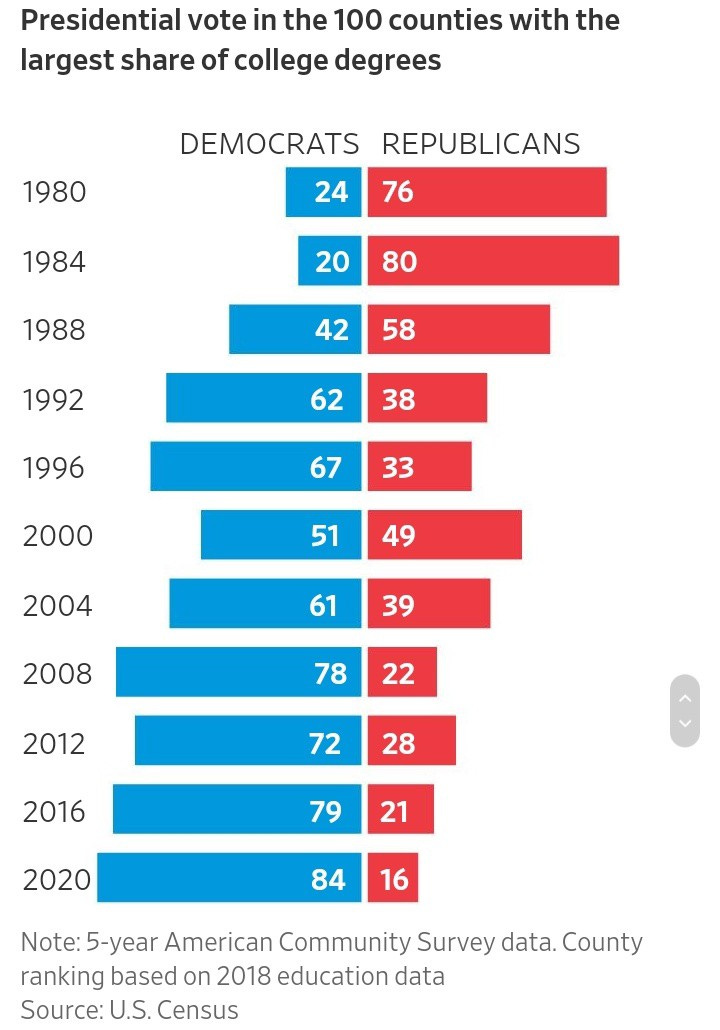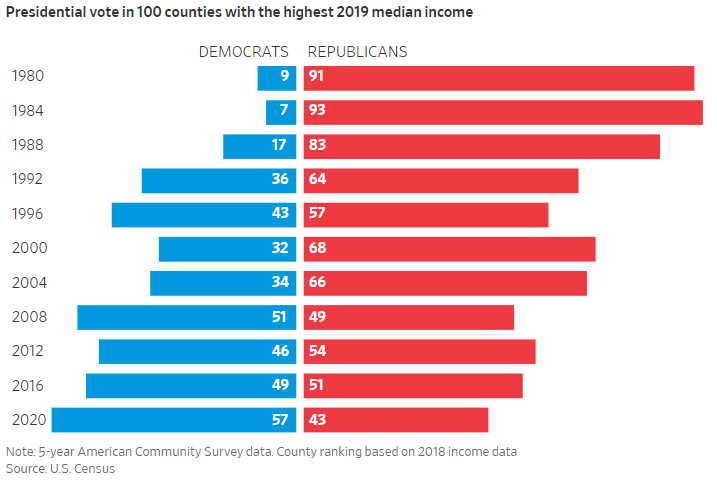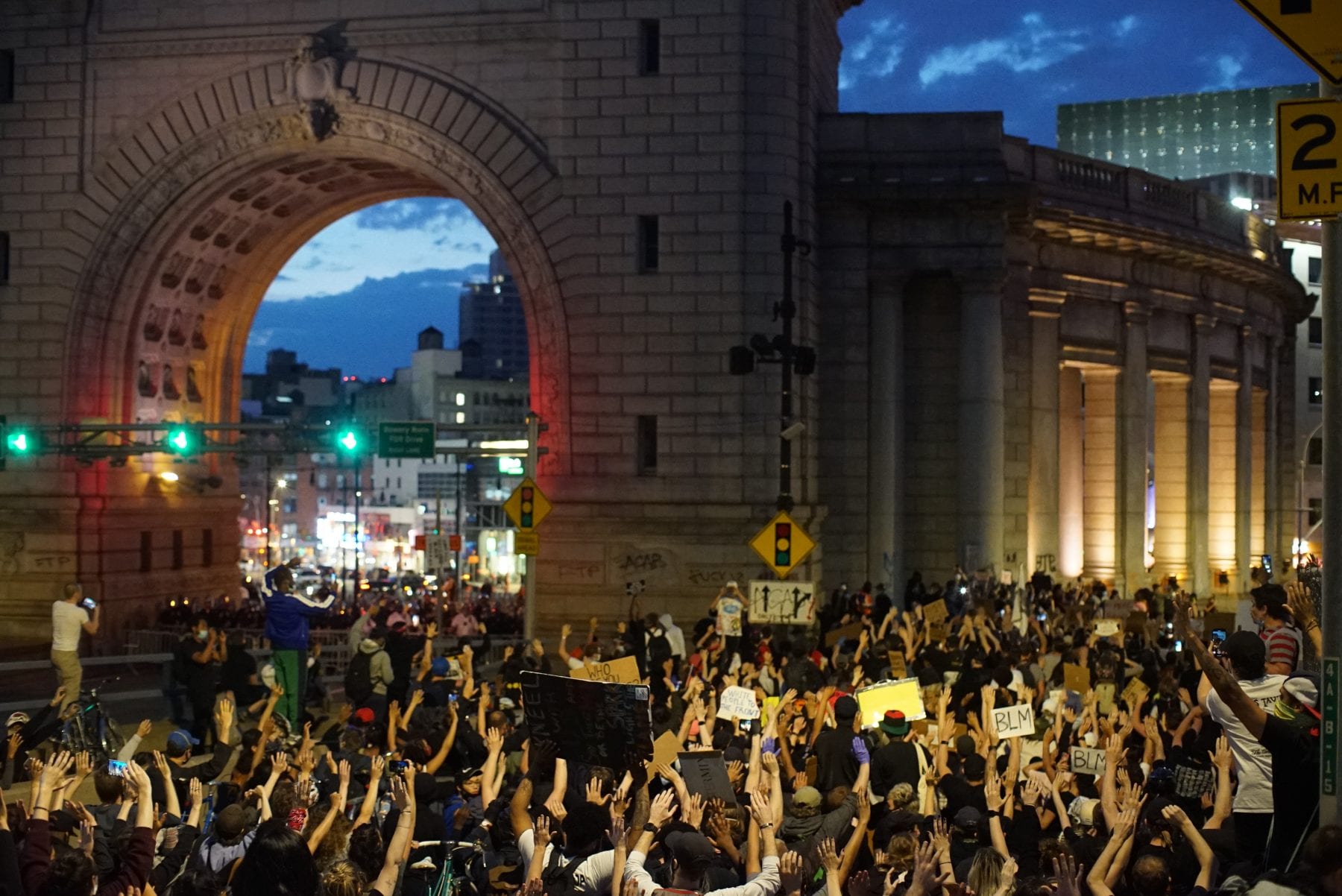What is the Democratic Party? The party of the working class? Of Labor Unions and Small Time Farmers? Of kitchen table economics and family bills?

The Democrats used to brand themselves as the Party of the common man (or person, as the times changed). Their voter rolls showed that it was true. They appealed to African Americans in the inner city, Mexican immigrants in California fields, and white farmers in Iowa. It was a broad coalition, united principally around making sure that a family could own a roof over their heads and put food on the table; every American was owed basic economic dignity.
But as the decades wore on, a new dimension began to take center stage for the Democratic Party. Whether by design or by happenstance, Institutional Democrats began to champion a wealth of progressive social and cultural issues: LGBTQ+, Racial and Gender Equity, Abortion Access. All became fundamental issues of the Democratic Party Platform. Where the greatest conformity of ideology exists in the Democratic Party (both grassroots and establishment) isn’t in tax plans, or Healthcare reform, or Trade Deficits but in the new and rapidly evolving social justice progressive orthodoxy.
Economics has largely been traded away for culture. A candidate can be a Democrat and friendly to Big Businesses, but they cannot oppose a women’s right to abortion or the principle of marriage equality.
But these principles are not the principles of the economically impoverished: The Farmer in Ohio, the High School Factory Worker, the Sharecropper in California. These are largely the principles of the well to do and highly educated: The Silicon Valley Techy, the College Organizer, the Work from Home Professional. While the economically weak may often lean favorably towards social progressivism, they do not feel the compulsion to put pronouns in their Bios. They probably don’t even know or care what a Bio even is.
In ideology and constituency, the Democratic Party evolved (and still is evolving) from the party of kitchen table economics to Ivy League Social Justice. Economically Progressive measures like Medicaid for All, Debt Relief (of all kinds), Progressive Taxation, Anti-Trust suits, Trade Barriers, Universal Basic Income, are all just window dressing and lip service to a bygone past. Real action and movement are taken on Social Justice: the expansion of Abortion Rights, the fervent defense of Marriage Equality, the immediate support behind Defunding the Police.
This, of course, benefits the Democratic Party Structure greatly. While there is still the façade of economic progressivism in place, behind the scenes, the Party is largely Pro-corporate in nature. It is why most major corporations and their suburban college educated professional class give the bulk of their contributions to Democrats. The economic bite will be almost nonexistent, while they will have their core social progressive issues taken care of.

Across the nation, the people have begun to take notice of the ongoing realignment in the Democratic Party and adjust their vote accordingly. Democrats have gone from losing the college educated vote from 76 to 24 to dominating it by 84 to 16. In terms of income it has switched from losing 91 to 9 to winning by a sound 57 to 43. It bears out in the County by County Electoral Map, where Democrats have been almost totally isolated and corralled into major metro areas where they dominate in raw numbers and percentages. It bears out in the Democratic Party shedding huge numbers of economically impoverished minority voters while making large gains in college educated suburbia.
The Democratic Party, in its platform, its actions, and its constituency, is evolving into the Professional’s Party, an Upper Class Party of the Economic and Educational Elite focused on the moral demands of Social Justice, uncaring of the lower classes concerns over crass finance.


















Add comment